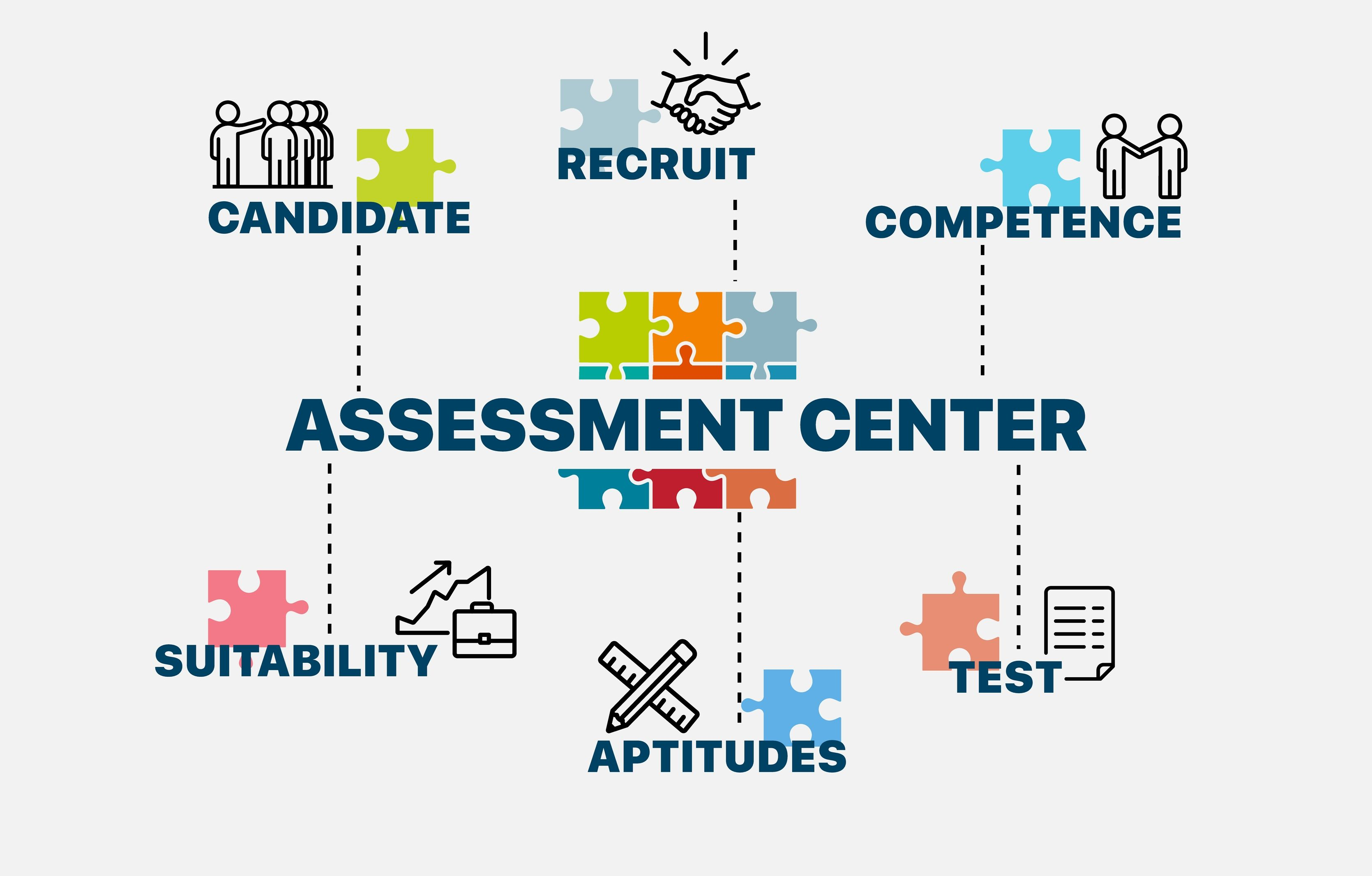
Finding the ideal candidates for the position is a complex undertaking. Finding people who are a good match for the organization and the team is just as important as finding people with the knowledge, expertise, and credentials required for the position. This is where psychometric hiring tools come into play. A person’s talents, abilities, and aptitudes are measured using psychometric instruments, which are increasingly used in the hiring process. Recruiters may make better decisions by employing psychometric tests to acquire a more profound knowledge of a candidate’s potential.
The advantages of using psychometric tools in recruitment, the various types of psychometric tests, how to use psychometric tests in recruitment, the best psychometric tests for recruitment, tips for using psychometric tests in recruitment, what to look for in a provider of psychometric testing, the difficulties of using psychometric tools in recruitment, and best practices for using psychometric tools in recruitment will all be covered in this blog post
Introduction to psychometric tools in recruitment.
A person’ s talents, abilities, and aptitudes are measured through psychometric tests. They are becoming more and more common in recruiting since they may give hiring managers insightful information about a candidat’ s potential.
A variety of talents, including cognitive capabilities, personality characteristics, and knowledge, may be evaluated using psychometric tests. They are intended to assess a person’s aptitude, capacity for learning, and fitness for a certain position. Utilising psychometric tools during the hiring process allows recruiters to better evaluate a candidate's potential and make more well-informed choices.
Making sure the correct individuals are hired for the position may be made easier by doing this.
Benefits of using psychometric tools in recruitment.
There are several advantages to using psychometric testing in hiring. The following are some of the major benefits of employing psychometric testing in hiring:
Increased objectivity: Since psychometric tests offer a measure of a candidate’s skills, talents, and aptitudes which are objective can help to lessen the possibility of bias in the hiring process.
Enhanced accuracy: Since psychometric tests may give a more accurate view of a candidate’s potential, they can aid in enhancing the accuracy of the hiring process.
Enhanced effectiveness: Psychometric exams can hasten the hiring process by giving employers insightful information about a candidate’s potential quickly.
Cost savings: By ensuring that the best candidates are recruited for the job, psychometric testing may assist cut recruiting expenses.
Increased candidate engagement: Using psychometric exams may increase candidate engagement by giving applicants a better
experience.
Different types of psychometric tests.
Psychometric assessments come in a variety of forms that might be utilized in hiring. Some of the most popular psychometric exams include the following:
Cognitive ability tests are used to assess a person’s capacity for reasoning, problem-solving, and decision-making.
Personality tests: A person’s qualities, such as extroversion, agreeableness, and emotional stability, are measured by these tests.
Tests of aptitude: Tests of aptitude assess a person’s capacity for learning and comprehending novel ideas.
Knowledge tests: Knowledge tests assess a person’s expertise in a certain field or profession.
Values tests: These assessments gauge a person’s morals and principles, such as their dedication to providing excellent customer service or their work ethic.
How to use psychometric tests in recruitment.
It is simple to use psychometric exams throughout the hiring process. These are the crucial actions:
Determine the abilities and traits you require: Finding the abilities and characteristics you need for the position is the first step. You may use this to decide which psychometric exams to take.
Pick the appropriate tests: You can select the appropriate psychometric tests for the position once you have determined the abilities and attributes you require.
Conduct the tests: You can provide the tests to the candidates after selecting them.
Examine the outcomes: You can review the exam results once it has been finished to have a better idea of the candidate’s; aptitudes, skills, and talents.
Make a decision: Lastly, you may utilize the outcomes of the psychometric tests to decide which applicant is the greatest fit for the position.
The best psychometric tests for recruitment.
It is crucial to take the abilities and attributes required for the position into account while selecting the finest psychometric tests for hiring. The most common psychometric tests used in hiring are listed below:
Cognitive Ability Tests: Cognitive ability tests can be used to evaluate a candidate’s problem-solving and critical-thinking abilities. Examples are the Watson-Glaser Critical Thinking Appraisal and Raven’s Progressive Matrices.
Personality tests are helpful for evaluating a candidate’s qualities and attributes. Examples include the Big Five Personality Test and the Myers-Briggs Type Indicator. Examinations of aptitude can be used to gauge a candidate’s capacity for conceptual learning and understanding. Examples of these tests are the Wonderlic Personnel Test and the Nonverbal Reasoning Test.
Knowledge tests are helpful for determining a candidate’s level of expertise in a specific field or sector. Examples are the Microsoft Office Suite Assessment and the Microsoft Certified Professional Exam.
Values tests: Values tests are helpful for determining a candidate’s values and beliefs. Examples are the Values in Action Inventory of Strengths and the Values in Action Inventory of Character Strengths.
Challenges of using psychometric tools in recruitment.
Using psychometric instruments in recruiting has numerous advantages, but there are certain drawbacks that must be taken into account. The following are some of the main issues with employing psychometric testing in hiring:
Cost: Psychometric assessments can be pricey, particularly if you need to employ a variety of assessments.
Time: The administration of psychometric tests can take a lot of time, which might hold down the hiring process.
Validity: Psychometric evaluations aren’t always precise and dependable, which might cause them to be invalid.
Bias: Psychometric tests are subject to bias, which may reduce the reliability of the findings.
Legal Concerns: Psychometric testing may give rise to legal concerns about privacy and discrimination.
Best practices for using psychometric tools in recruitment.
To ensure the best results from psychometric tests in recruitment, it’s important to follow best practices. Here are some of the key best practices for using psychometric tests in recruitment:
Test all applicants: It’s important to test all applicants, as this will help to ensure that the results are accurate and reliable.
Provide feedback: It’s important to provide feedback to applicants on their results. This will help to ensure that they feel valued and engaged in the recruitment process.
Monitor results: It’s important to monitor the results of the tests to ensure that they are accurate and reliable.
Use an expert: It’s important to use an expert in psychometric testing to ensure that the tests are reliable and valid.
Follow the law: It’s important to ensure that you follow the law when using psychometric tests. This will help to ensure that you don’t inadvertently break any laws.
Finding the best candidates for a position may be facilitated by using psychometric instruments in recruiting. Recruiters may make better decisions by employing psychometric tests to acquire a more profound knowledge of a candidate’s potential.
However, it’s crucial to be aware of the difficulties associated with employing psychometric tests in recruiting, including time, money, validity, bias, and legal concerns. It’s crucial to adhere to best practices, such as evaluating all candidates, giving feedback, keeping track of findings, using an expert, and abiding by the law to secure the best outcomes. Utilizing psychometric tools in the hiring process allows recruiters to understand a candidate’s potential better and make more educated choices.
This can guarantee that the appropriate candidates are chosen for the job. Psychometric tools may be the answer if you want to unlock talent in your recruitment process.
Let’s start
cooperating
Send us a message whether you are thinking of a career change, looking for exceptional talent or just would like to meet for a coffee and chat.
Related Posts
How to Choose the Best IT Recruiting Firm: Key Success Factors for 2024
In 2024, the IT industry is no longer a bidding paradise, but the demand for…
Women in Tech Statistics in 2024: Trends, Gaps, and Challenges
The tech industry is evolving, with recent data shedding light on the role of women…
Challenges in recruiting Women for Tech roles
Recruiting women, particularly in certain industries and roles, presents a unique set of challenges. These…
Empowering Women in Tech: Key Initiatives in Poland
The tech industry in Poland is witnessing a dynamic shift towards inclusivity and diversity, driven…



